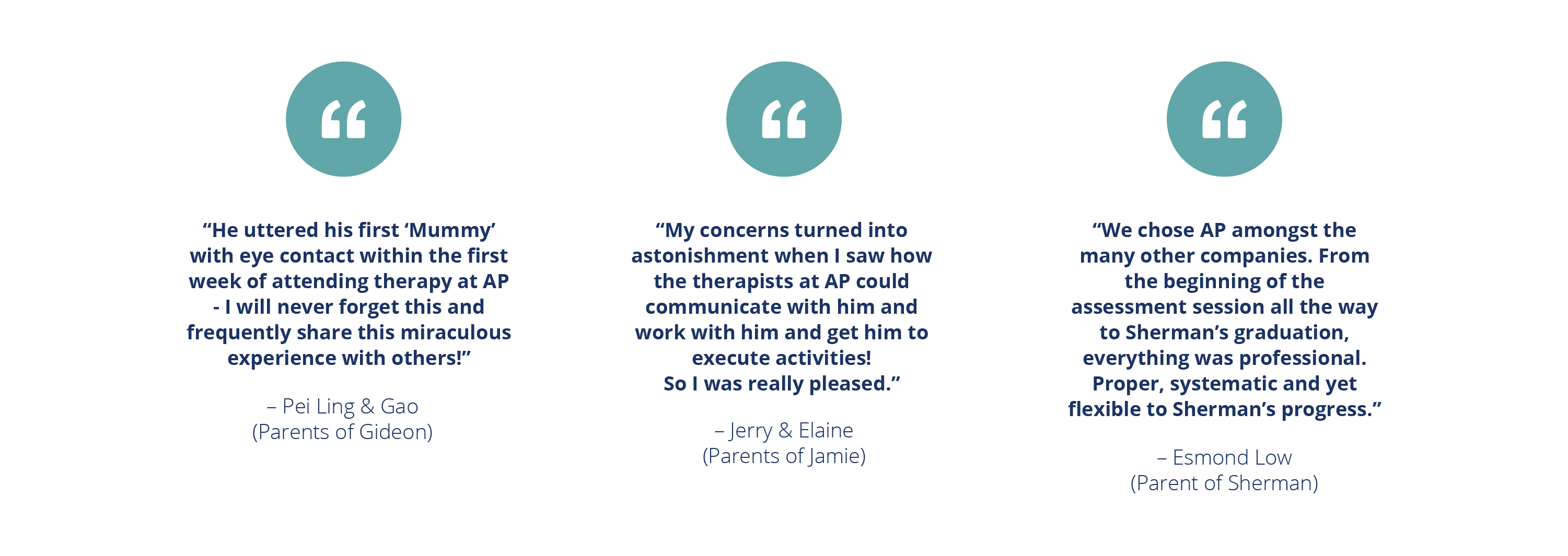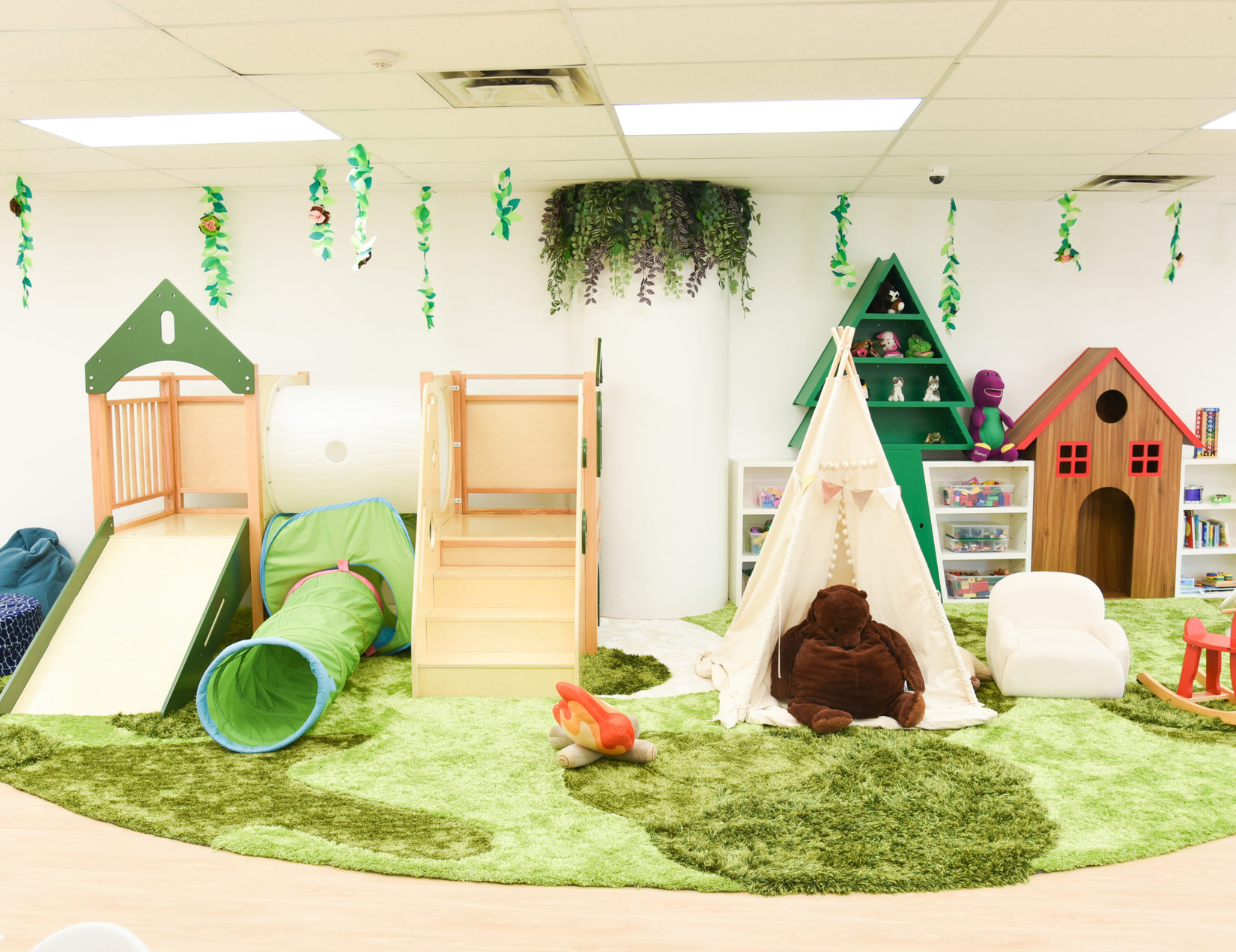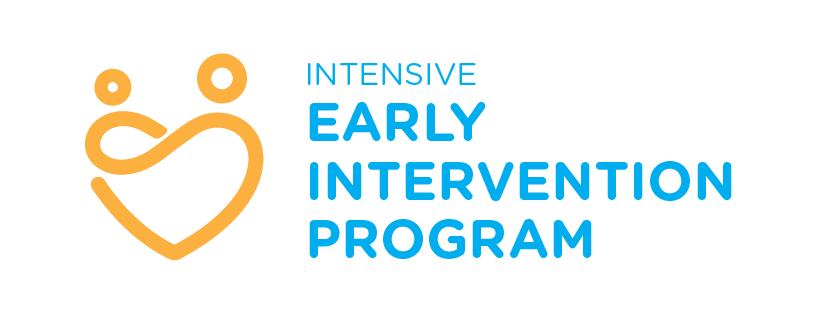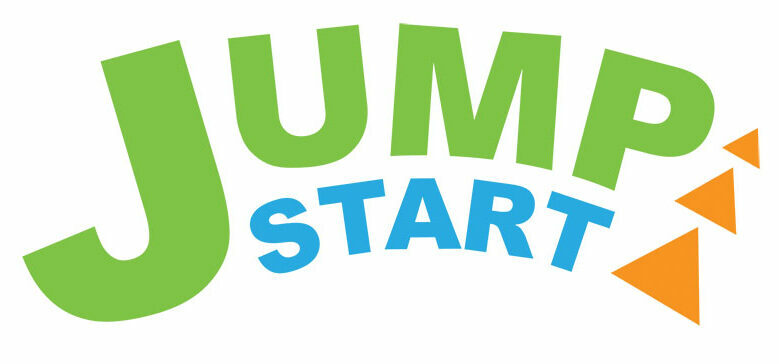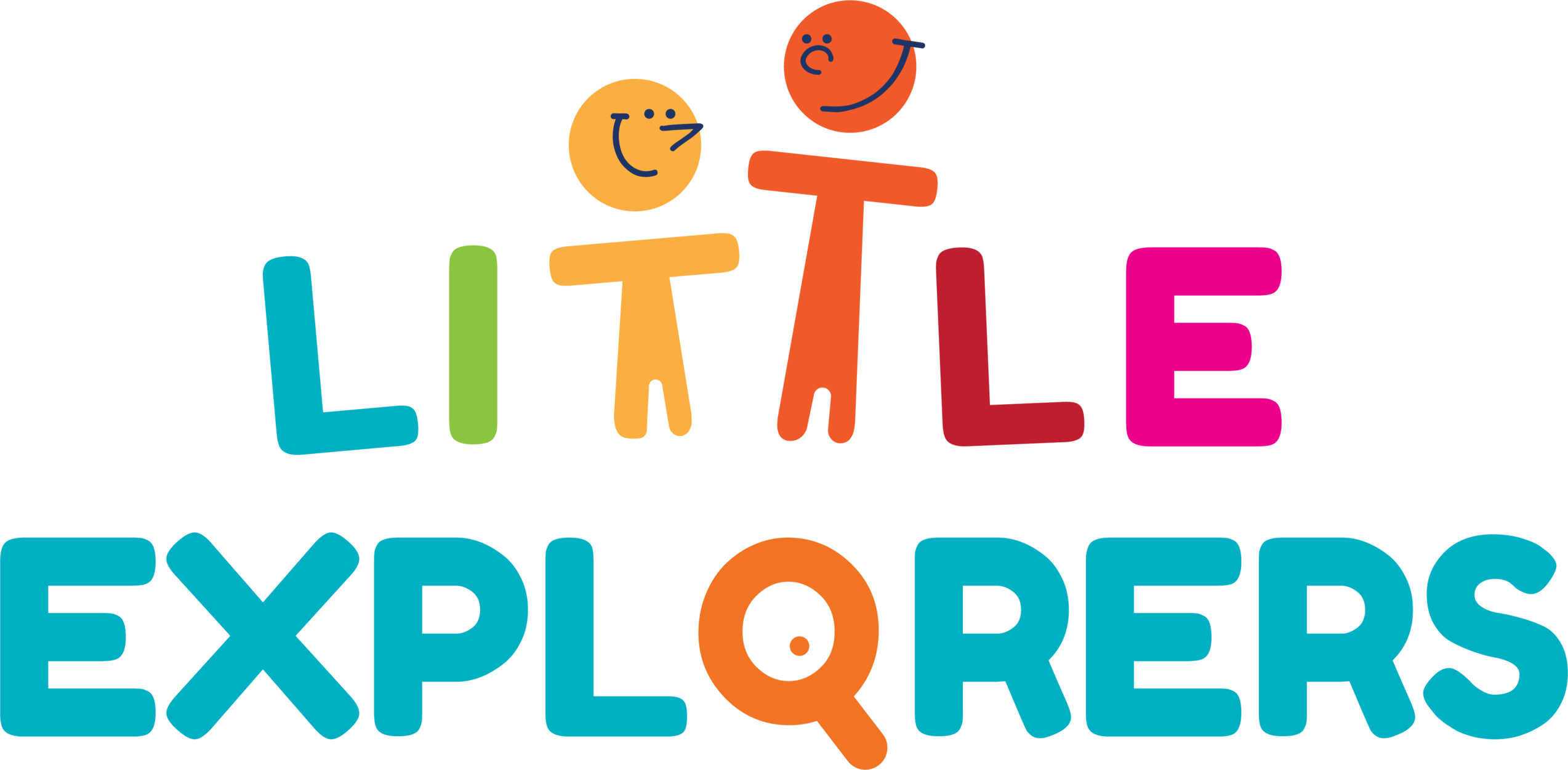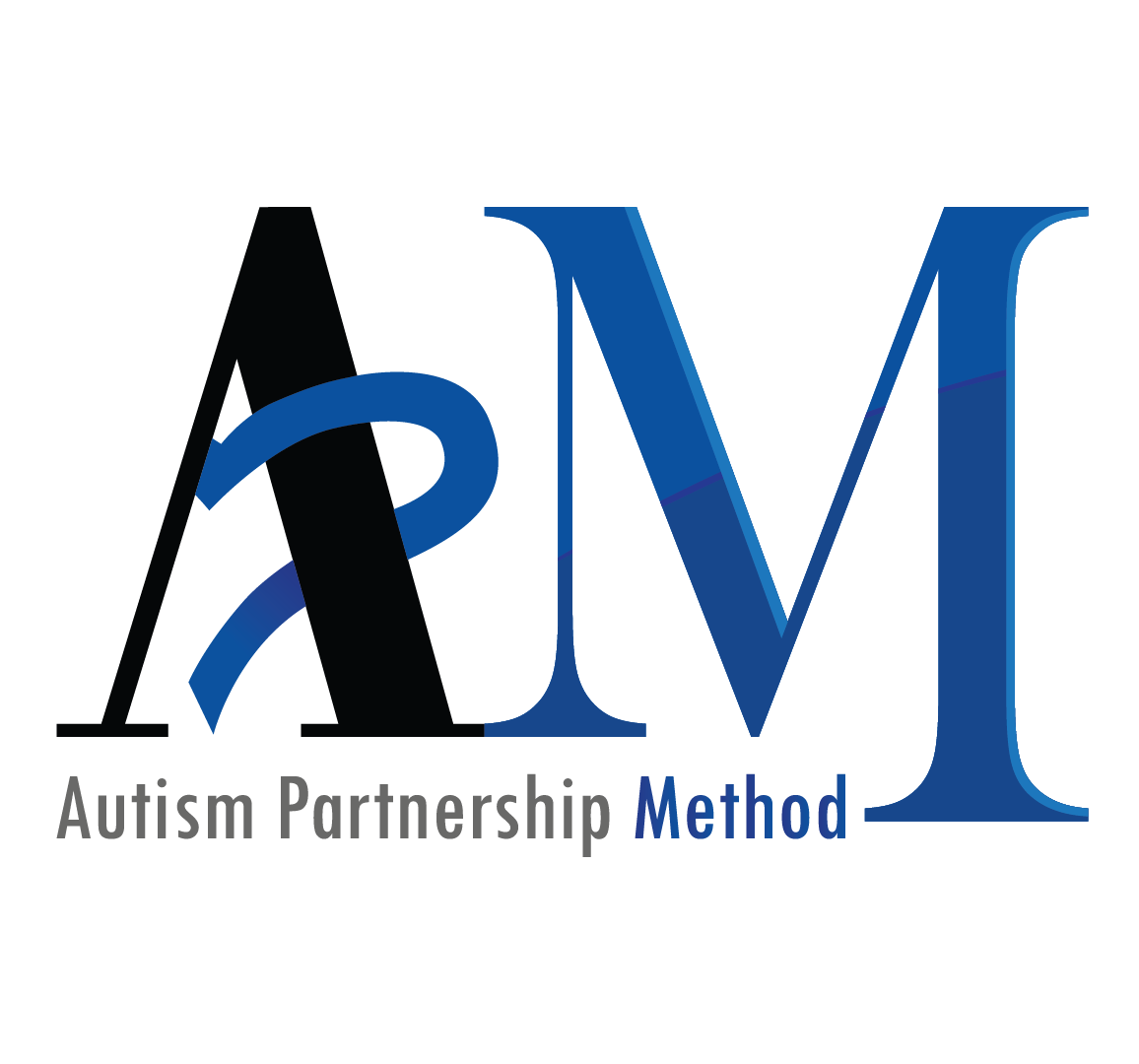
Autism Partnership Method (APM)

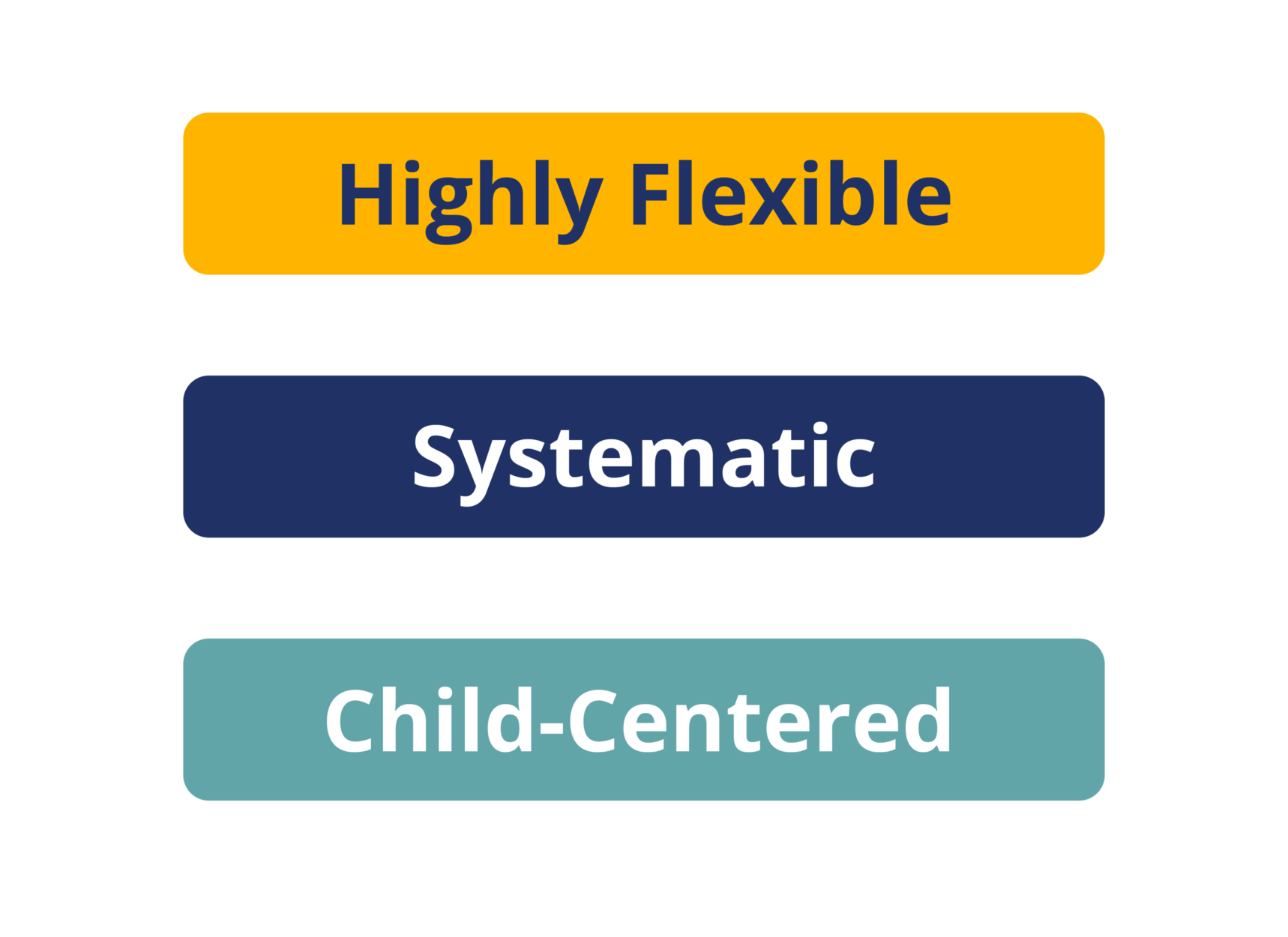
Our Student's Journey:
Jamie's 2-Year Review
FAQs:
ARE ALL ABA THE SAME?
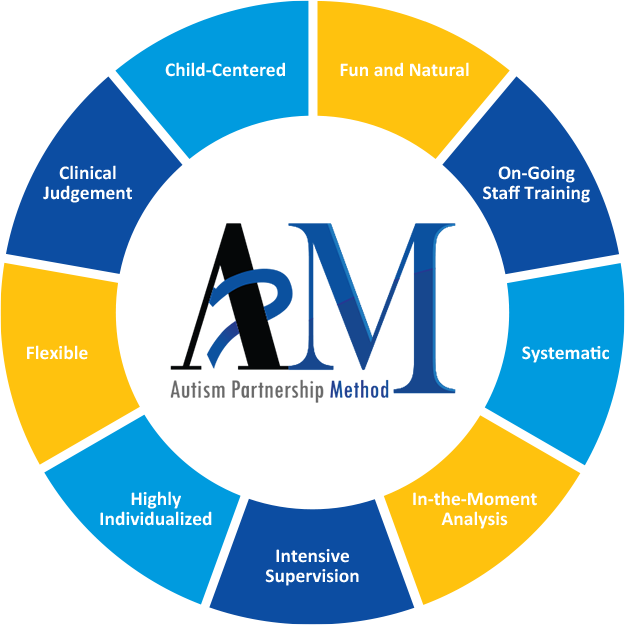 While all ABA may be founded on the same foundational principles, not all ABA is alike. Applied Behavior Analysis (ABA) can take various forms depending on the individual or agency providing the service.
While all ABA may be founded on the same foundational principles, not all ABA is alike. Applied Behavior Analysis (ABA) can take various forms depending on the individual or agency providing the service.
At Autism Partnership (AP), we adopt our own treatment method called, Autism Partnership Method (APM).
APM is a progressive model of Applied Behavior Analysis (ABA) that is highly individualized, child-friendly, holistic, and focused on “in-the-moment analysis” and “clinical judgment.”
THE AUTISM PARTNERSHIP METHOD (APM) IS EFFECTIVE BECAUSE...
The Autism Partnership Method (APM):
- Focus on the whole child not just academics but teaching children with autism the critical skills for long-term success including: behavior management, emotional regulation, language and communication skills, play and social skills, learning-how-to-learn skills and self-help (daily living) skills
- Help children learn in 1:1 settings and in small and large groups by constantly expose children to socialization and move them to group learning as soon as they are ready.
- Ensure children learn in natural settings by providing settings full of different types of distractions that occur in schools and in the community and provide therapy in natural forms so that children develop natural language emphasising on a strong foundation of learning-how-to-learn
- Develop strong and natural reinforcers by motivating children to learn through activities, social interaction, creating the desire to learn, removing the reliance on artificial reinforcers
- Teach children the skills so that they can become truly independent including learning how to monitor their behaviours is essential for maximizing quality of life.
- Provide training to parents, teachers, and family members to teach them the necessary skills so that they can help in facilitating success
A QUALITY & EFFECTIVE ABA PROGRAM THAT REVEALS PROMISING RESULTS
We utilize strong evidence-based studies to ensure the effectiveness of our ABA program.
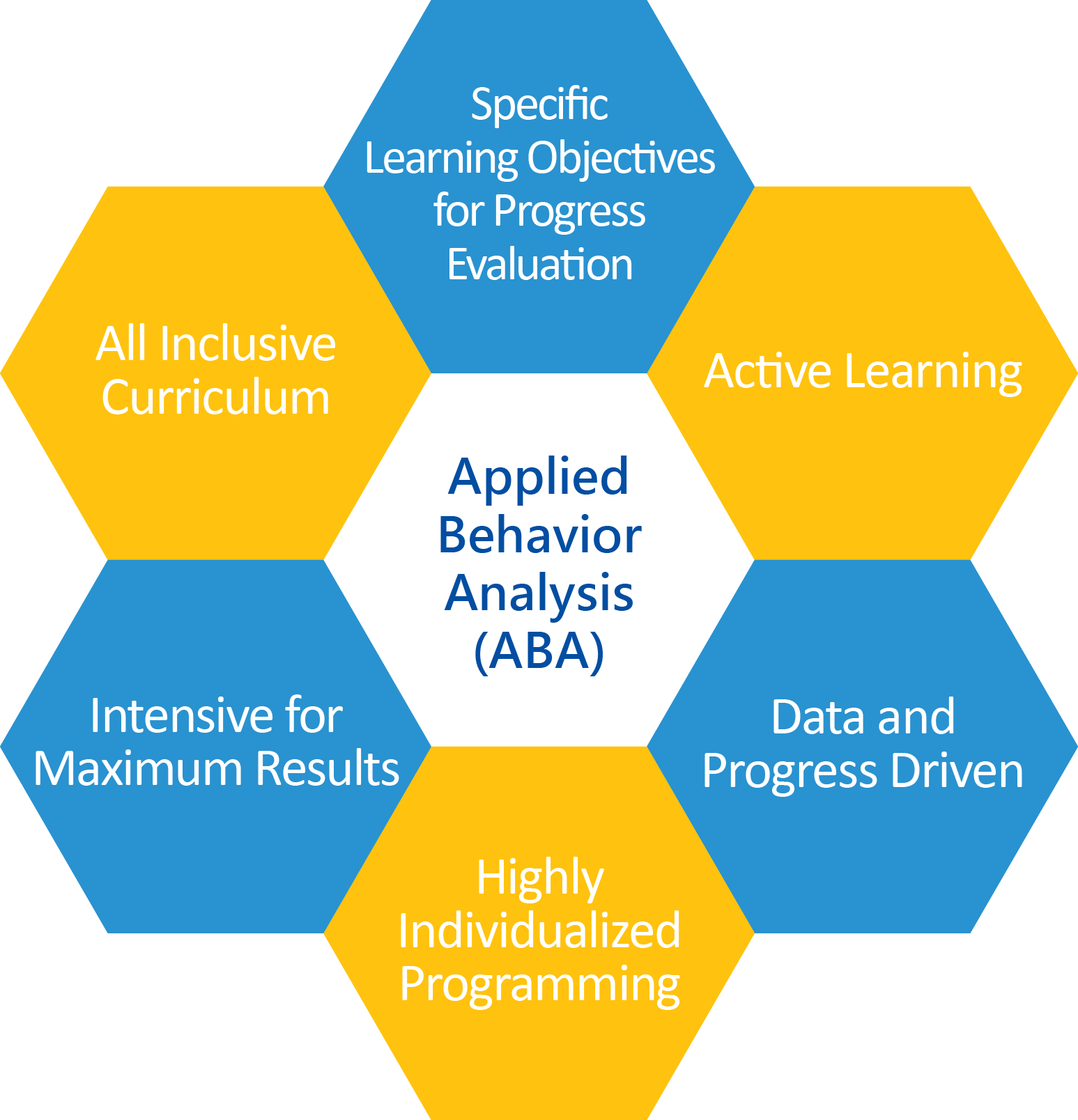
A new study conducted by Autism Partnership in 2011 has provided strong evidence of how effective Applied Behavior Analysis (ABA) can help children with autism. Evidence has shown that a quality ABA program should also consist of the following:
- All-Inclusive Curriculum
- Intensive for Maximum Results
- Highly Individualized Programming
- Data and Progress Driven
- Active Learning
- Specific Learning Objectives for Progress Evaluation
BASED ON FACTORS FOR BEST ABA TREATMENT OUTCOME
We design our programs based on factors that contribute to the best treatment outcomes for children with autism (ASD)
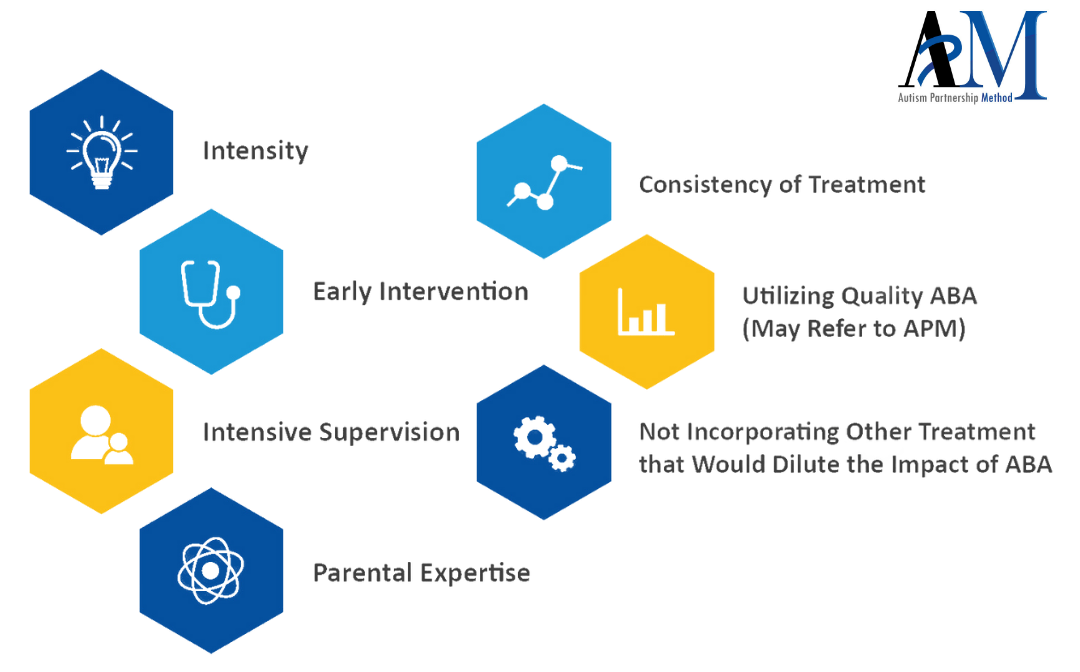 There are several studies demonstrating the effectiveness of Applied Behavior Analysis (ABA) for people diagnosed with ASD, including a study conducted by Autism Partnership (2011). In these studies, the children with the best possible outcomes had these key elements in common:
There are several studies demonstrating the effectiveness of Applied Behavior Analysis (ABA) for people diagnosed with ASD, including a study conducted by Autism Partnership (2011). In these studies, the children with the best possible outcomes had these key elements in common:
- Early Intervention
- Consistency of Treatment
- Intensity
- Utilizing Quality ABA (Autism Partnership Method)
- Intensive Supervision
- Parental Expertise
- Not Incorporating Other Treatment (Diluting Impact of ABA)
ALL-INCLUSIVE CURRICULUM FOR RAPID PROGRESS
We teach in a fun and innovative way with natural reinforcements that motivate children to learn and make rapid progress.
Our curriculum is all-inclusive focusing on building critical foundation skills for your child. This includes:
- Behavior Management: Managing Challenging Behaviors
- Emotional Regulation
- Language & Communication Skills
- Social Skills
- Play Skills
- Learning-How-To-Learn Skills
- Self-help Skills
Our Parents' Stories
